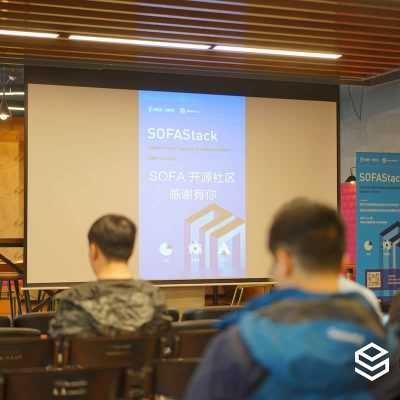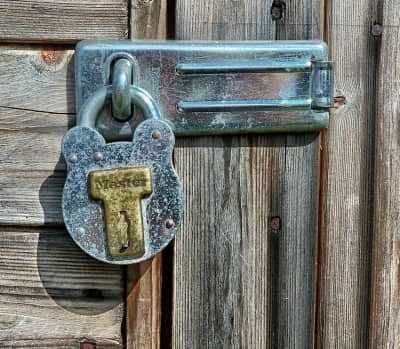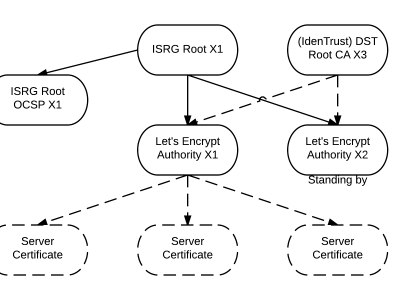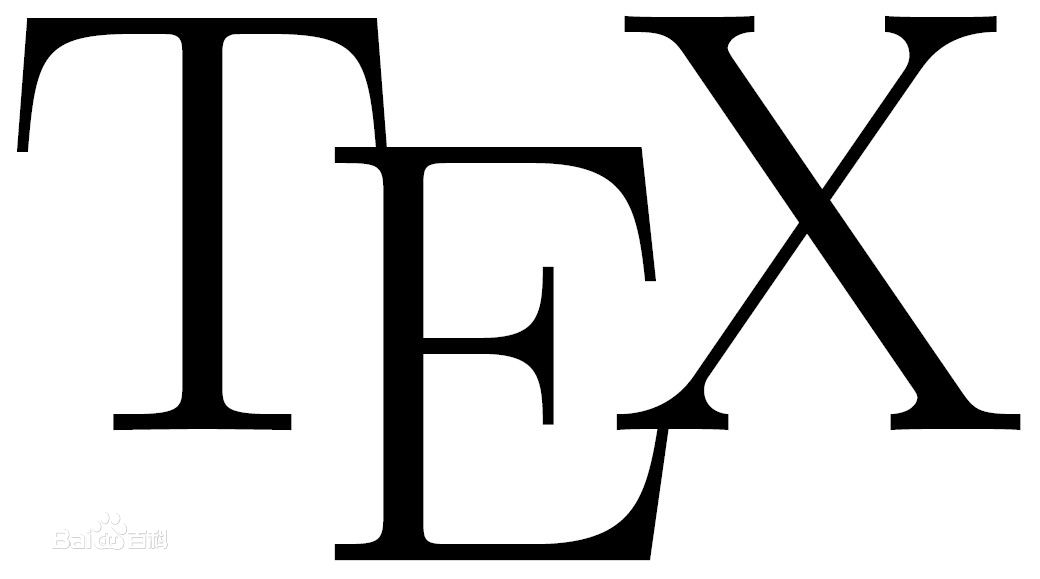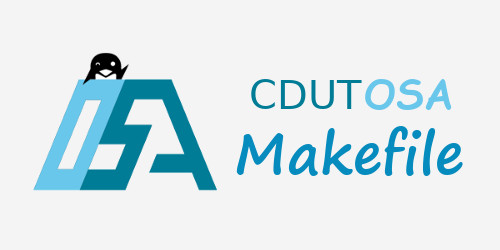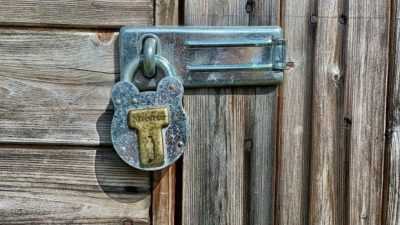Python 3.9 如何修復裝飾器並改進字典

這是 Python 3.x 首發特性系列文章中的第十篇,其中一些版本已經發布了一段時間。Python 3.9 在 2020 年首次發布,具有很酷的新特性,但仍未被充分利用。下面是其中的三個。
添加字典
假設你有一個 defaults 字典,而你想更新它的參數。在 Python 3.9 之前,最好的辦法是複製 defaults 字典,然後使用 .update() 方法。
Python 3.9 為字典引入了聯合運算符:
defaults = dict(who="someone", where="somewhere")
params = dict(where="our town", when="today")
defaults | params
{'who': 'someone', 'where': 'our town', 'when': 'today'}
注意,順序很重要。在這種情況下,正如預期,來自 params 的 where 值覆蓋了默認值。
刪除前綴
如果你用 Python 做臨時的文本解析或清理,你會寫出這樣的代碼:
def process_pricing_line(line):
if line.startswith("pricing:"):
return line[len("pricing:"):]
return line
process_pricing_line("pricing:20")
'20'
這樣的代碼很容易出錯。例如,如果字元串被錯誤地複製到下一行,價格就會變成 0 而不是 20,而且會悄悄地發生。
從 Python 3.9 開始,字元串有了一個 .lstrip() 方法:
"pricing:20".lstrip("pricing:")
'20'
任意的裝飾器表達式
以前,關於裝飾器中允許哪些表達式的規則沒有得到充分的說明,而且很難理解。例如:雖然
@item.thing
def foo():
pass
是有效的,而且:
@item.thing()
def foo():
pass
是有效的,相似地:
@item().thing
def foo():
pass
產生一個語法錯誤。
從 Python 3.9 開始,任何表達式作為裝飾器都是有效的:
from unittest import mock
item = mock.MagicMock()
@item().thing
def foo():
pass
print(item.return_value.thing.call_args[0][0])
<function foo at 0x7f3733897040>
雖然在裝飾器中保持簡單的表達式仍然是一個好主意,但現在是人類的決定,而不是 Python 分析器的選擇。
歡迎來到 2020 年
Python 3.9 大約在一年前發布,但在這個版本中首次出現的一些特性非常酷,而且沒有得到充分利用。如果你還沒使用,那麼將它們添加到你的工具箱中。
via: https://opensource.com/article/21/5/python-39-features
作者:Moshe Zadka 選題:lujun9972 譯者:geekpi 校對:wxy
本文轉載來自 Linux 中國: https://github.com/Linux-CN/archive




